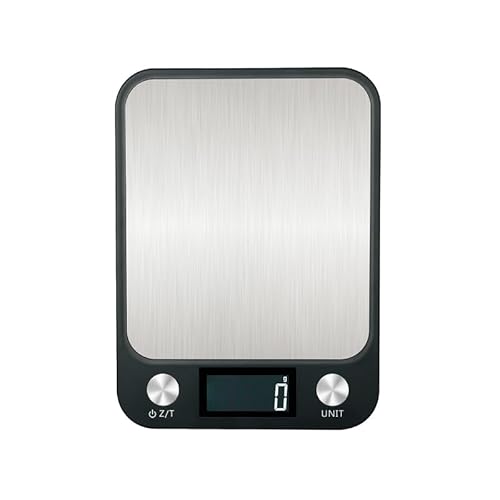This family does not have any known food allergies. Maybe there is an allergy that they don't know about. Or maybe the irritant is something in the the environment that has nothing to do with food. The husband had a reaction to a lavender fabric softener once. When she told me about this, I thought that they may be irritated by the ton of additives that are in commercial products. I just assumed that homemade stuff would be better. But I see that may not be the case.
I was also going to make them some unscented laundry soap with 100%co mixed with washing soda. I have made this for myself already and it stopped my own irritation. I don't have eczema, but I was itchy under my clothes before I switched over to my own laundry soap.
Either way, I don't want to make the situation worse. So I will refrain from "helping" them. LOL.
So I will refrain from "helping" them. LOL.
I was also going to make them some unscented laundry soap with 100%co mixed with washing soda. I have made this for myself already and it stopped my own irritation. I don't have eczema, but I was itchy under my clothes before I switched over to my own laundry soap.
Either way, I don't want to make the situation worse.











































